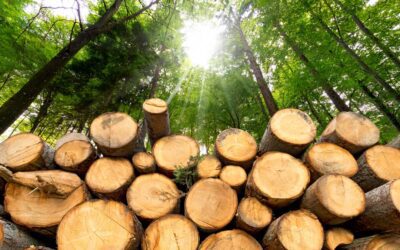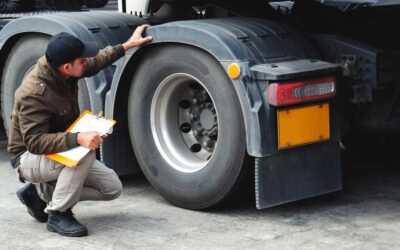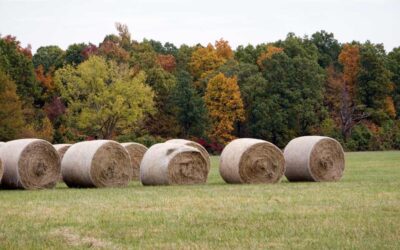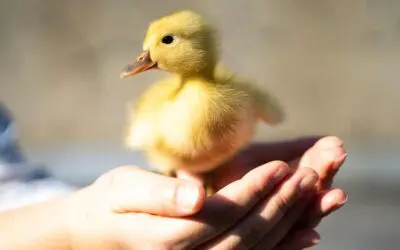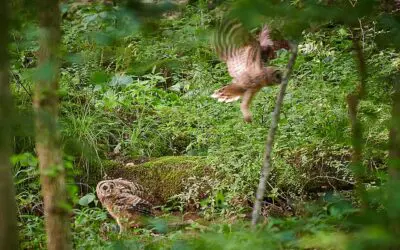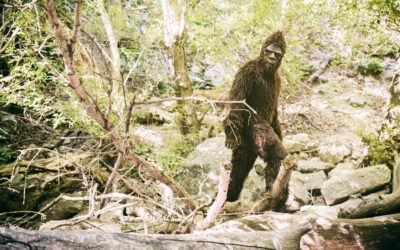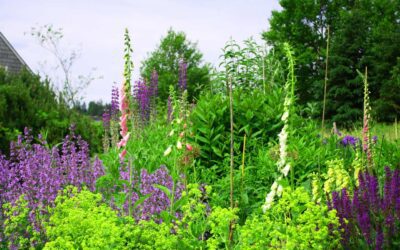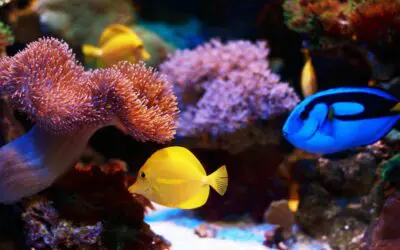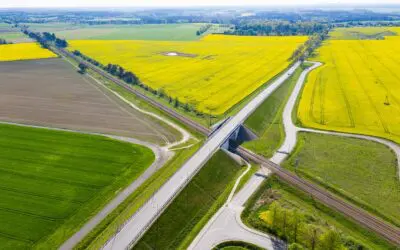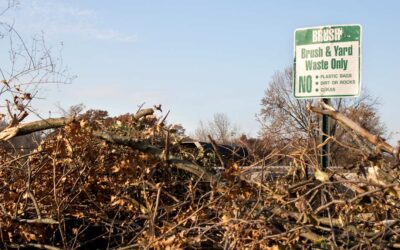BLOG
USE LOCAL FIREWOOD
There’s nothing better on a cold evening than snuggling up to a warm fire in the fireplace, pot-bellied stove, or campfire.
PROVIDING POSITIVE FEEDBACK TO YOUR LOCAL ELECTED OFFICIALS
Instead of waiting for a wildlife problem to arise in order to connect with your local elected officials, why not proactively contact them
ROADWAYS AND GOOD VEHICLE USE AND MAINTENANCE
We all know that a safe driver is the best kind of driver but did we all know that maintaining our vehicles is not only good for our pocket book
OWL SHACKS INCLUDED IN NEW SCREECH OWL BOOK
A new book, “The Screech Owl Companion” by Jim Wright and Scott Weston, includes everything you need to know about screech owls and screech owl boxes.
IF YOU OWN RURAL PASTURELAND, DON’T MOW OR HAY YOUR ENTIRE SPREAD
Providing native grasses is important to many species of birds. Many of these species don’t thrive in pastures dominated by non-native grasses.
DON’T DUMP PET DUCKS AND GEESE
Especially around Easter, many people can’t resist buying cute and fuzzy baby duck and goose chicks.
LET OTHERS KNOW THAT YOU CARE ABOUT THE LOCAL WILDLIFE WHEREVER THAT MIGHT BE
It’s not difficult to spot the sports fan wearing the “Go Tigers” or “Go Cowboys” t-shirt, but have you thought about telling folks…
ECREE
For centuries, humans have made all sorts of claims about things they have seen. These claims continue today, spread especially quickly using social media.
GO NATIVE (WITH PLANTS)!
There are many benefits to using native plants in your landscape – namely they fit naturally with the soils and climate of your area.
DON’T DUMP YOUR AQUARIUM OR POND CRITTERS INTO THE WILD
If you own an aquarium or backyard pond, take steps to ensure that the non-native plants and animals in those systems don’t get released into the wild. This can happen if you dump them into a natural pond
CO-LOCATING INFRASTRUCTURE INCLUDING VARIOUS UTILITIES
Habitat fragmentation is one of the most common and fastest way to lose wildlife habitat. Land fragmentation is the carving up of large blocks of habitat
Leaving Brush Piles and Brushy Fence Rows for Birds
One person’s trash might be another bird’s sanctuary. What I mean by this is don’t throw away, shred, or burn all of your unwanted tree limbs and brush…

